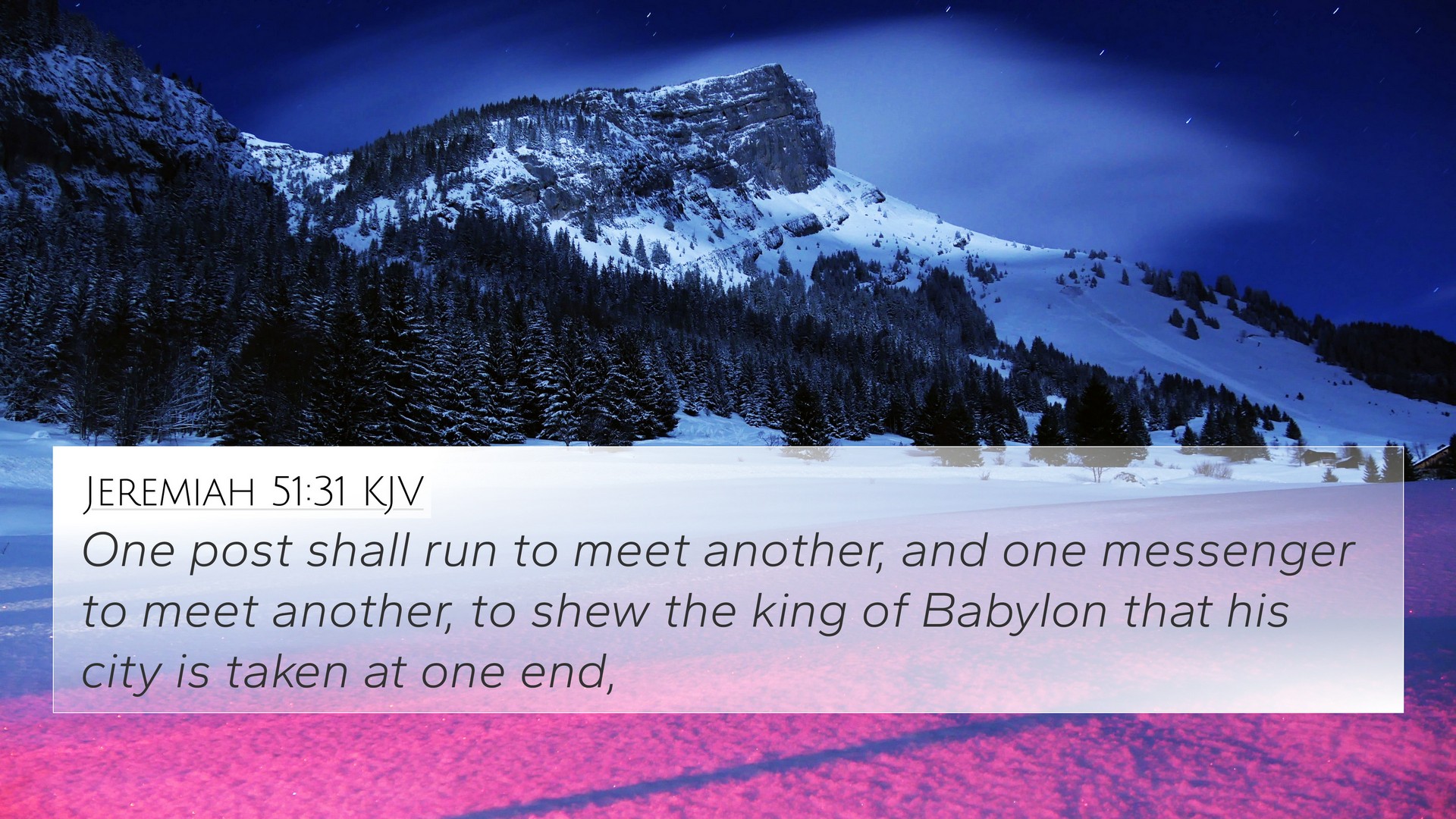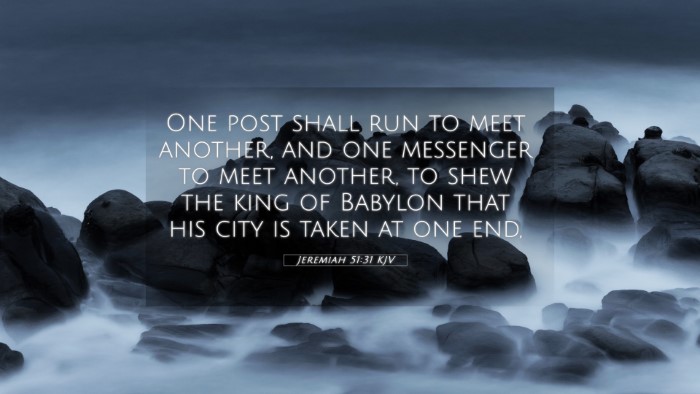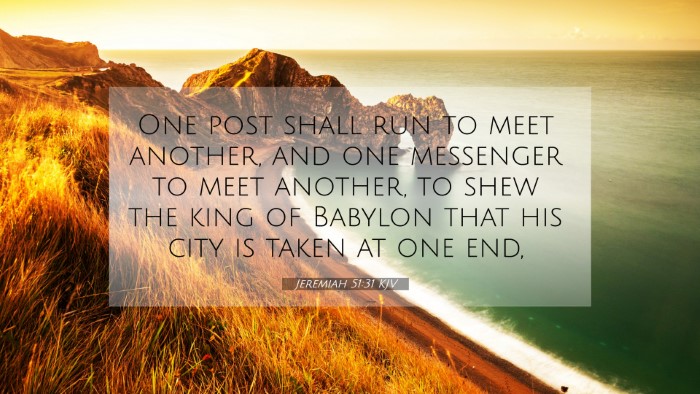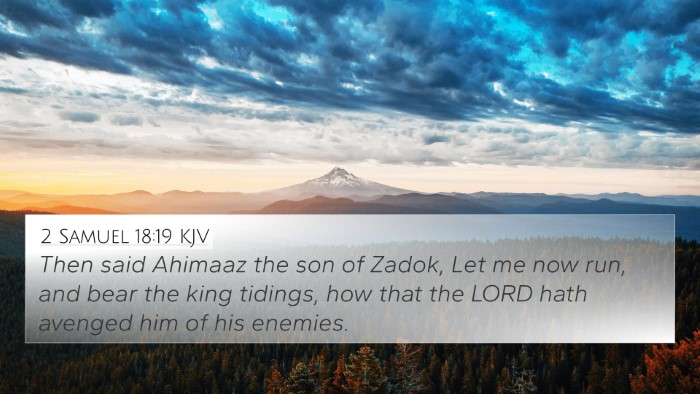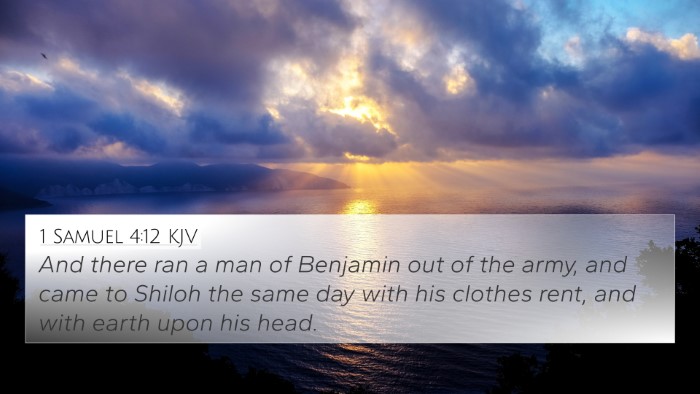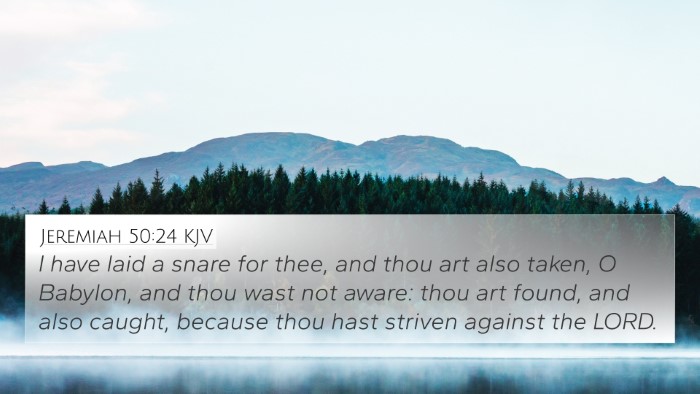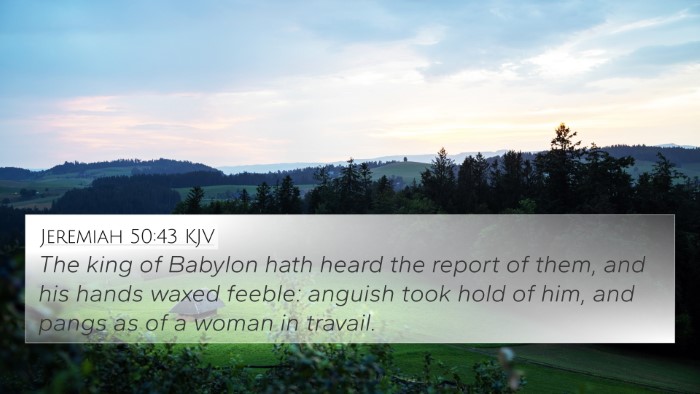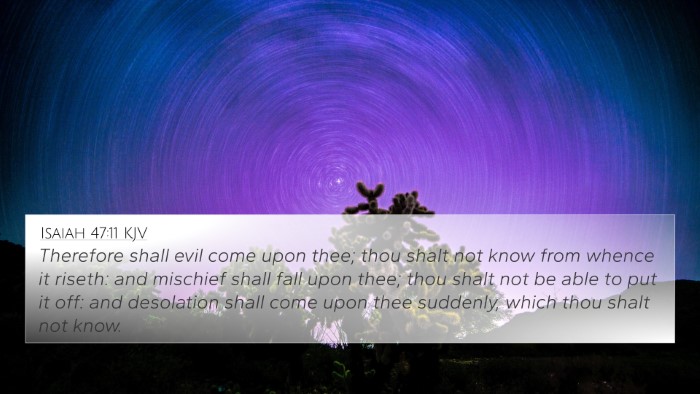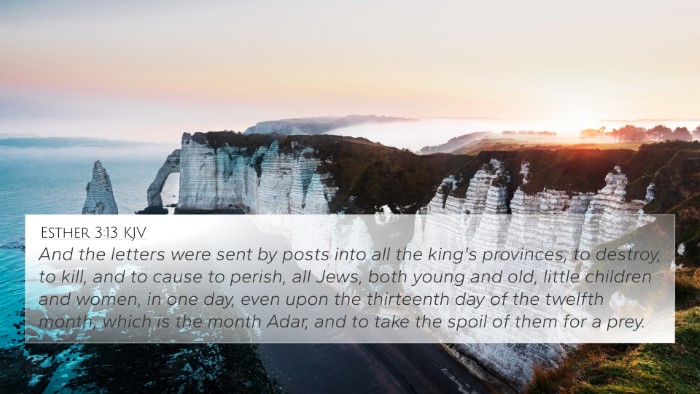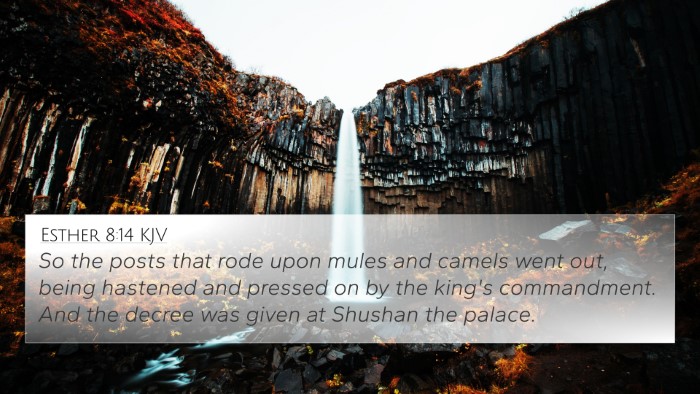Understanding Jeremiah 51:31
Jeremiah 51:31 states, "One post shall run to meet another, and one messenger to meet another, to show the king of Babylon that his city is taken at one end." This verse is situated within a prophetic context and emphasizes the desolation of Babylon, which serves as a metaphor for judgment and destruction resulting from disobedience to God.
Meaning of the Verse
This passage reflects the swiftness of the message concerning the fall of Babylon, indicating that the news is urgent and significant. The crashing of a mighty nation, depicted metaphorically through messengers racing to deliver vital news, reinforces the certainty of God's judgment.
Insights from Public Domain Commentaries
Matthew Henry's Commentary
Matthew Henry interprets this verse by highlighting the role of communication during times of impending disaster. He suggests that God's will is accomplished quickly, and the calamity that befalls Babylon serves as a warning of divine justice against pride and idolatry.
Albert Barnes' Notes
Albert Barnes notes that the description of messengers signalizes a great event that demands immediate attention. He emphasizes that this event marks the end of Babylon's dominance, and it denotes the rapid communication of God's intended plan for judgment against evil.
Adam Clarke's Commentary
Adam Clarke provides a thorough explanation of the imagery used in this verse. He articulates that the "posts" and "messengers" symbolize both human agents and divine providence in executing God's decrees. The urgency depicted here underlines a crucial element of prophetic literature, stressing that God's promises and warnings will come to pass without delay.
Thematic Connections
This verse can be connected to various other scripture references that underline the theme of divine judgment and the communication of God's will:
- Isaiah 13:19 - A prophecy against Babylon, depicting its eventual destruction.
- Habakkuk 2:2-3 - The urgency of vision and revelation as it pertains to God's plans.
- Ezekiel 21:29 - The certainty of destruction for Babylon through symbolic imagery.
- Revelation 18:2 - A vision of the fallen Babylon, representing the ultimate judgment of corrupt systems.
- Jeremiah 50:16 - Calls for the destruction of Babylon, emphasizing God's wrath against its iniquities.
- Jeremiah 51:8 - The fall of Babylon, which aligns with the message delivered to the kings.
- 1 Peter 5:8 - While not directly related, it emphasizes vigilance in recognizing the movements of evil like Babylon.
Cross-Referencing Connections
For those engaged in Bible study, employing tools for Bible cross-referencing can greatly enhance understanding:
- Using a Bible concordance can help locate thematic connections throughout scripture.
- The Bible cross-reference guide assists in identifying verses related to specific themes, such as judgment and prophecy.
- Cross-reference Bible study methods enrich the analysis of prophetic literature including Jeremiah.
- Exploring Bible verse parallels can help elucidate similar messages found in different books of the Bible.
How to Use Bible Cross-References
Understanding where to find cross-references aids in recognizing how verses interact:
- Identifying connections between the Old and New Testament is crucial for holistic understanding.
- Comparative studies of Pauline epistles can shed light on New Testament interpretations of the Old Testament prophets.
- Cross-referencing Psalms with New Testament teachings highlights continuity in God’s revelation.
- Bible verses related to specific themes can create deeper insights during personal reflection or sermon preparation.
Conclusion
Jeremiah 51:31 stands as a powerful testament to God's sovereign authority and the swift realization of His decrees. By engaging with the insights from various commentaries and utilizing the tools for Bible cross-referencing, individuals can deepen their understanding of the interconnectedness and thematic depth present in scripture.
